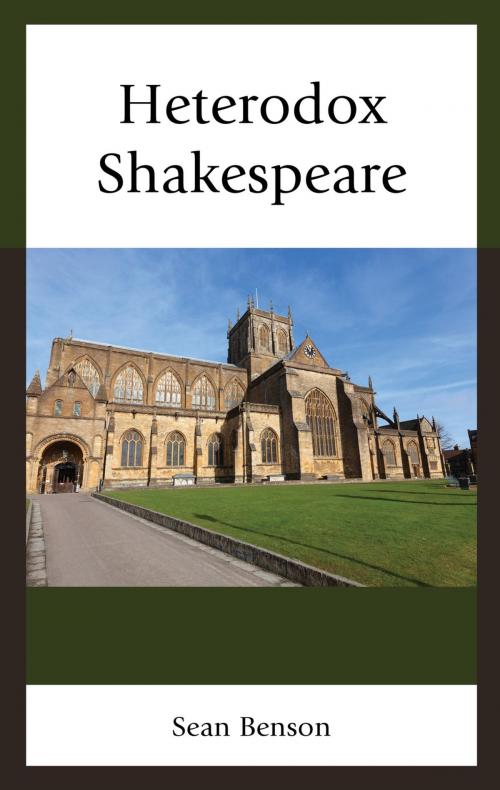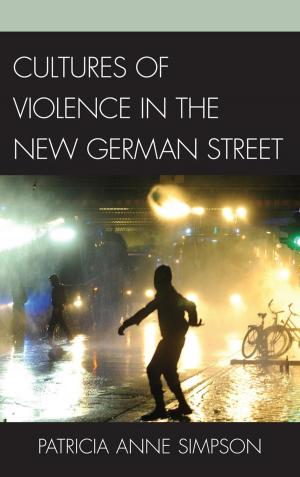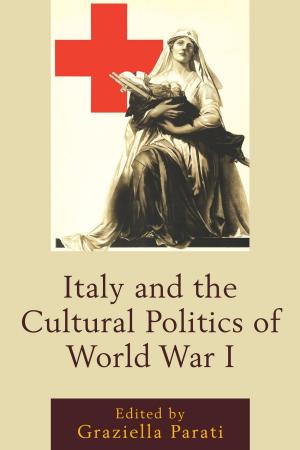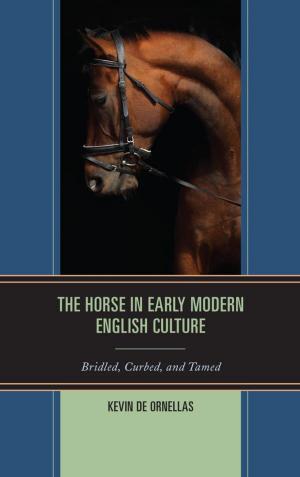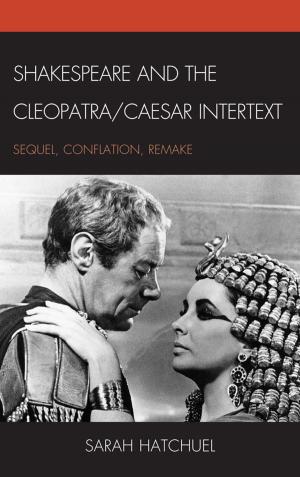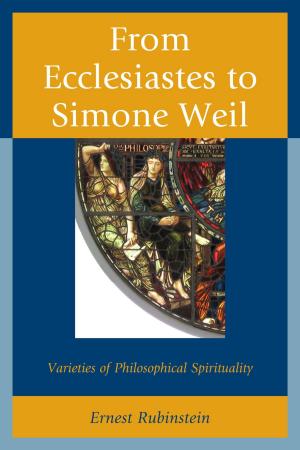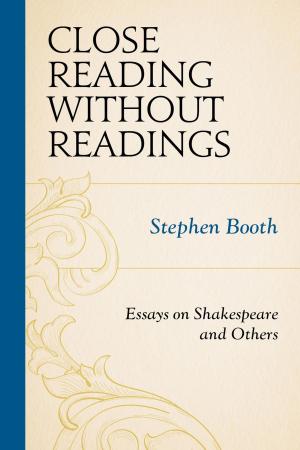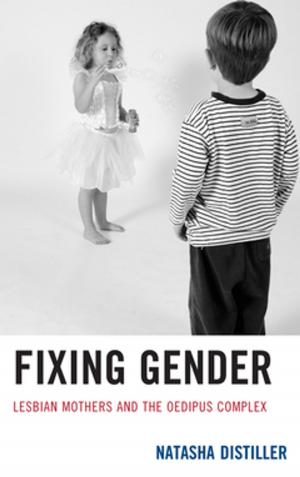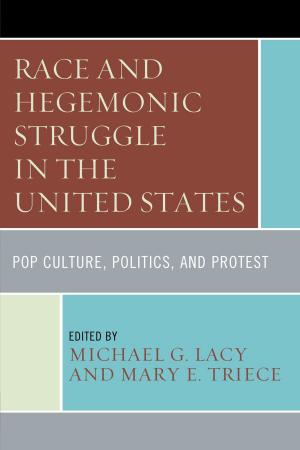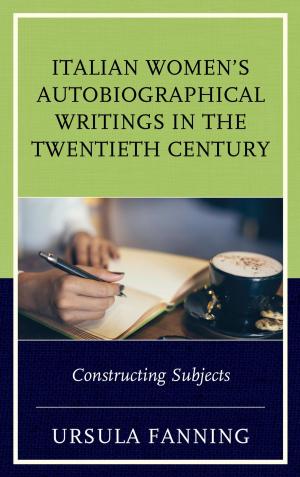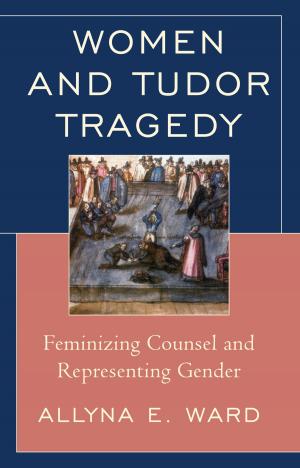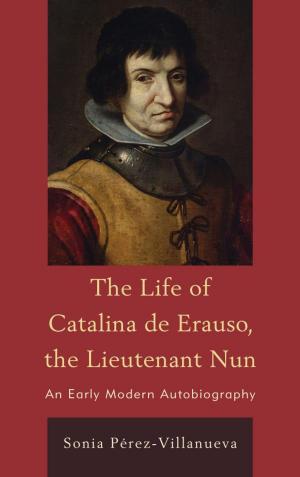Heterodox Shakespeare
Fiction & Literature, Literary Theory & Criticism, Drama History & Criticism, British| Author: | Sean Benson | ISBN: | 9781683930266 |
| Publisher: | Fairleigh Dickinson University Press | Publication: | February 9, 2017 |
| Imprint: | Fairleigh Dickinson University Press | Language: | English |
| Author: | Sean Benson |
| ISBN: | 9781683930266 |
| Publisher: | Fairleigh Dickinson University Press |
| Publication: | February 9, 2017 |
| Imprint: | Fairleigh Dickinson University Press |
| Language: | English |
The last quarter century has seen a “turn to religion” in Shakespeare studies as well as competing assertions by secular critics that Shakespeare’s plays reflect profound skepticism and even dismissal of the truth claims of revealed religion. This divide, though real, obscures the fact that Shakespeare often embeds both readings within the same play. This book is the first to propose an accommodation between religious and secular readings of the plays. Benson argues that Shakespeare was neither a mere debunker of religious orthodoxies nor their unquestioning champion. Religious inquiry in his plays is capacious enough to explore religious orthodoxy and unorthodoxy, everything from radical belief and the need to tolerate religious dissent to the possibility of God’s nonexistence. Shakespeare’s willingness to explore all aspects of religious and secular life, often simultaneously, is a mark of his tremendous intellectual range.
Taking the heterodox as his focus, Benson examines five figures and ideas on the margins of the post-Reformation English church: nonconforming puritans such as Malvolio as well as physical revenants—the walking dead—whom Shakespeare alludes to and features so tantalizingly in Hamlet. Benson applies what Keats called Shakespeare’s “negative capability”—his ability to treat both sides of an issue equally and without prejudice—to show that Shakespeare considers possible worlds where God is intimately involved in the lives of persons and, in the very same play, a world in which God may not even exist. Benson demonstrates both that the range of Shakespeare’s investigation of religious questions is more daring than has previously been thought, and that the distinction between the sacred and the profane, between the orthodox and the unorthodox, is one that Shakespeare continually engages.
The last quarter century has seen a “turn to religion” in Shakespeare studies as well as competing assertions by secular critics that Shakespeare’s plays reflect profound skepticism and even dismissal of the truth claims of revealed religion. This divide, though real, obscures the fact that Shakespeare often embeds both readings within the same play. This book is the first to propose an accommodation between religious and secular readings of the plays. Benson argues that Shakespeare was neither a mere debunker of religious orthodoxies nor their unquestioning champion. Religious inquiry in his plays is capacious enough to explore religious orthodoxy and unorthodoxy, everything from radical belief and the need to tolerate religious dissent to the possibility of God’s nonexistence. Shakespeare’s willingness to explore all aspects of religious and secular life, often simultaneously, is a mark of his tremendous intellectual range.
Taking the heterodox as his focus, Benson examines five figures and ideas on the margins of the post-Reformation English church: nonconforming puritans such as Malvolio as well as physical revenants—the walking dead—whom Shakespeare alludes to and features so tantalizingly in Hamlet. Benson applies what Keats called Shakespeare’s “negative capability”—his ability to treat both sides of an issue equally and without prejudice—to show that Shakespeare considers possible worlds where God is intimately involved in the lives of persons and, in the very same play, a world in which God may not even exist. Benson demonstrates both that the range of Shakespeare’s investigation of religious questions is more daring than has previously been thought, and that the distinction between the sacred and the profane, between the orthodox and the unorthodox, is one that Shakespeare continually engages.
